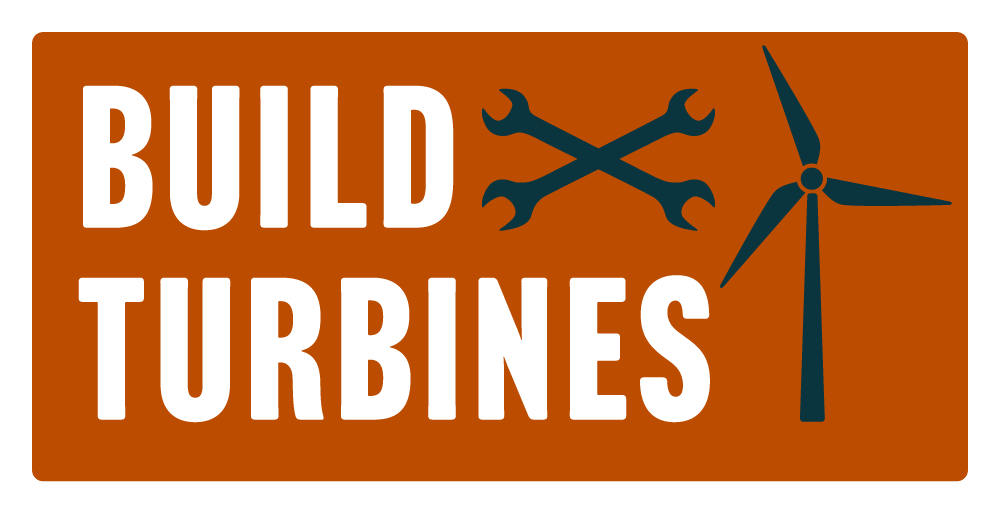Wind energy is a cornerstone of the renewable energy landscape, driving forward global efforts to transition away from fossil fuels. As demand for green energy surges, so does the need for skilled professionals capable of maintaining and optimizing wind turbines. Among these essential roles is that of the wind turbine technician, a specialist charged with the maintenance and operation of wind turbines. This article delves into the detailed job responsibilities, required skills, and typical working conditions of wind turbine technicians, providing insight into this challenging yet rewarding career.
Key Responsibilities of Wind Turbine Technicians
At the heart of a wind turbine technician’s role is the maintenance and repair of wind turbines. Technicians are tasked with conducting regular inspections to ensure that all turbine components function correctly. This involves climbing tall towers to access turbines, which can be over 260 feet high. Once there, they perform comprehensive checks on mechanical, electrical, and hydraulic systems, and address any issues that could potentially disrupt operation.
Routine maintenance includes lubricating moving parts, testing electrical components, and replacing worn or malfunctioning components. Technicians also use specialized diagnostic tools to identify problems with turbine blades, gears, and bearings. Such preventative maintenance is crucial in minimizing downtime and extending the lifespan of the turbine.
Besides maintenance, wind turbine technicians are also involved in the installation of new turbines. This includes assembling, setting up, and testing new units to ensure they meet operational standards. Installation tasks require coordination with a broader team, including engineers and construction workers, to safely erect turbine structures and integrate them into the existing power grid.
Technical Skills and Knowledge
The technical demands on wind turbine technicians are high. They must have a deep understanding of mechanical and electrical engineering principles. Familiarity with hydraulic systems and programmable logic controllers (PLCs) is also essential since these components are integral to modern turbines. Technicians frequently update their knowledge to keep pace with technological advancements in turbine design and functionality.
Safety training is another critical component of a technician’s skill set. Given the inherent risks involved in working at great heights and with high-voltage electrical equipment, technicians must be proficient in safety protocols and emergency response techniques. They often participate in regular safety drills and are required to wear personal protective equipment (PPE) at all times on the job.
Analytical and Problem-Solving Abilities
Wind turbine technicians must be excellent problem solvers. They often encounter complex technical challenges and must quickly diagnose issues and determine the best course of action. This requires not only technical expertise but also creativity and critical thinking. Effective problem-solving ensures that turbines maintain optimal performance and helps prevent lengthy operational interruptions.
Physical and Environmental Conditions
The work environment for wind turbine technicians can be physically demanding and often requires working outdoors in various weather conditions. Technicians must be comfortable with heights and physical labor, including lifting heavy objects and maneuvering in confined spaces within turbine nacelles.
The role also demands a considerable amount of flexibility. Wind farms are frequently located in remote areas, requiring technicians to travel extensively and spend periods away from home. Emergency repairs can necessitate unscheduled work during nights or weekends, adding to the job’s unpredictability.
Career Outlook and Advancements
The outlook for wind turbine technicians is highly promising, driven by the global increase in renewable energy projects. According to industry forecasts, employment in this sector is expected to grow significantly as more wind farms come online and existing installations require ongoing maintenance and upgrades.
Career advancement for wind turbine technicians can take several paths. With experience, a technician might move into supervisory roles, managing teams of technicians. Others might specialize in areas such as blade repair, system design, or quality control. Further education and certifications can also lead to opportunities in related fields such as wind farm site management or renewable energy consultancy.
The role of a wind turbine technician is complex and multifaceted, blending technical skills with physical labor and problem-solving abilities. As the world increasingly turns to wind energy, the skills of these technicians play a crucial role in ensuring the efficiency and reliability of this renewable energy source. For those interested in a career that combines technical challenges with the satisfaction of contributing to environmental sustainability, becoming a wind turbine technician is an excellent choice. This profession not only offers a stable and rewarding career path but also places technicians at the forefront of the global transition to sustainable energy.



